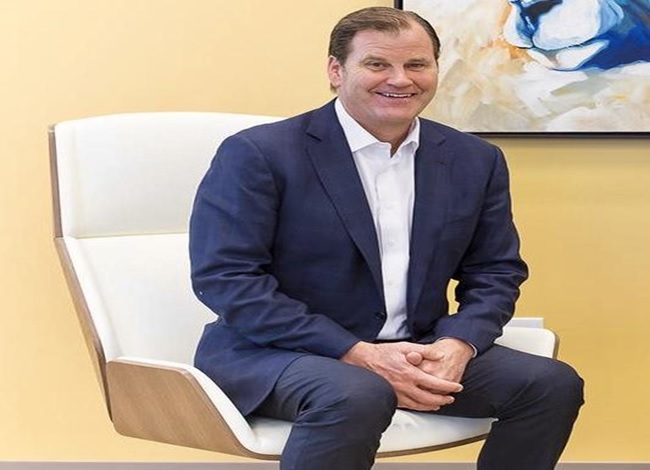
The private equity sphere is a competitive one, and it is replete with financial experts like Mark Hauser paving the way for others to follow in their tracks. Mark Hauser is the founder and co-managing partner at Hauser Private Equity, where he has successfully plied his trade for decades.
An industry leader and disruptor, Mark Hauser have worked steadfastly to compile tricks, tips, and insights for other potential private equity investors.
What is a Private Equity Transaction?
The investment industry is as diverse and complicated as it is brimming with potential. Private equity firms are focused on carving out a particular corner of the investment arena, focusing on acquiring the entirety of a company to sell it for a profit at a later time. Private equity investment deals most commonly range between $50 million and $1 billion.
Profile of an Equity Transaction
Making a purchasing decision for an equity transaction requires some forethought and severe mental fortitude. Before signing any paperwork, private equity firms like Hauser Private Equity will perform extensive due diligence to understand better what they are working with.
Due diligence can be summed up in one of three areas: Commercial Due Diligence to analyze a company’s market position and valuation, Financial Due Diligence to confirm the accuracy of its finances, and Legal Due Diligence to ensure that the company is complying with the law.
When a private equity firm explores the profile of a transaction without finding any red flags, a deal can be consummated.
Improving an Investment Opportunity
The financial acquisition of an investment doesn’t end the obligation of its investment firm. For Mark Hauser, much of the work begins after a business has been acquired. Once the deal is finalized, Hauser and his team work on a few select areas of improvement.
- Company Operations – A finalized deal and improved business operations can set the tone for a beneficial investment. The General Partner will help to realign the structure and foundation for the company’s expansion into the future.
- Targeting an Exit – A timely and profitable exit is the goal for Mark Hauser, and that means taking more or less time as required. Hauser points out that most private equity firms depart from an investment within three to seven years.
What Factors Do Investors Consider?
Private equity firms don’t focus on just any old business that appears in front of them. Instead, Mark Hauser points out that equity firms consider a couple of critical factors when deciding what to do with their money.
Disruption is one of the critical targets for investors. Does a business disrupt an industry, and does it force change in consumers?
A strong market position is also essential as it provides investors with better competitive advantages. The company needs a track record at the top of its industry.
Extended avenues of growth are also essential when deciding on a business to invest in. Forward-thinking companies create multiple avenues for revenue and growth, proving innovation.
Finally, a well-executed business plan is something that every private equity investor seeks out when performing analysis. This document contains both the long-term projections and short-term risks that a business may pose.



